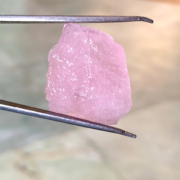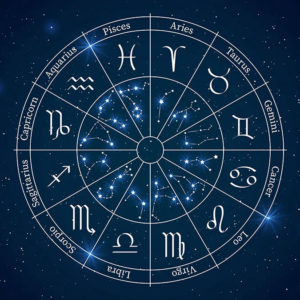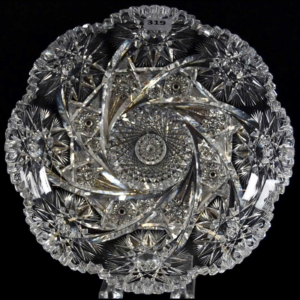Morganite: Properties, Uses and Virtues
Morganite: Pink elegance
Morganite, a variety of beryl, captivates with its soft pink hues and its many uses.
Less famous than its illustrious sister, the emerald, it nonetheless shines among gem lovers and enthusiasts. Discover this sublime stone!
- Geological formation of Morganite
- Rough Morganite – Raw Beauty Revealed
- Sources – The Global Scope of Morganite
- Historical Significance of Morganite – Through the Ages
- Metaphysical properties of Morganite – Illuminating energies
- Varieties of Morganite
- Morganite colors
- Durability and Wearability of Morganite
- Morganite Enhancements – Preserving Natural Beauty
- Synthetic Morganite – La Nature en Laboratoire
- Imitations of Morganite – Discerning the Authentic
- Morganite Care – Preserving natural beauty
Geological formation of Morganite
Morganite, a member of the beryl family, forms in pegmatite veins in metamorphic and igneous rocks.
Thanks to the interaction of minerals and geological processes involving heat and pressure, Morganite reveals its delicate pink hues, radiating a sense of tranquillity and beauty from deep within the earth’s crust.
Rough Morganite – Raw Beauty Revealed
The hexagonal shape is characteristic of uncut beryl crystals. Composed of a hexagonal prism, this symmetrical, geometrically perfect shape adds to Morganite’s appeal.
These crystals, with their natural elegance and symmetrical formations, captivate gem enthusiasts and collectors alike, offering a glimpse of the gem’s unchanging appeal.
Sources – The Global Scope of Morganite
The finest Morganites can be found in Minas Gerais, Brazil. Other known sources include Afghanistan, Madagascar, Pakistan and California in the United States.
Historical Significance of Morganite – Through the Ages
This gem is a variety of beryl, a family of minerals that includes other well-known gems such as emerald and aquamarine. Although not as widely recognised as its counterparts, Morganite has a unique appeal that has captured the hearts of gem enthusiasts and jewellery lovers throughout history.
The gem was first discovered in Madagascar in the early 20th century, but it wasn’t until 1911 that it gained widespread recognition and popularity.
Named after the American financier and gem aficionado J.P. Morgan, Morganite has quickly become a prized gem in high-end jewellery, thanks to its soft pink hues that exude a sense of romance and elegance.
Metaphysical properties of Morganite – Illuminating energies
Morganite is cherished for its metaphysical properties, which are believed to promote love, compassion and emotional healing. It is considered a stone of divine love and helps to promote harmony and emotional balance in relationships.
Morganite is also reputed to soothe the heart and relieve emotional wounds, making it a precious gem for spiritual seekers.
Varieties of Morganite
Morganite offers a delightful range of pink shades, but no variety as such.
Morganite colors
Morganite is renowned for its romantic spectrum of pink colours, each evoking a feeling of tenderness and love. From delicate pinks to deeper pinks, the colours of Morganite capture the essence of romance and grace.
Durability and Wearability of Morganite
Morganite has a hardness of 7.5 to 8 on the Mohs scale, making it suitable for many different types of jewellery. However, because of its slightly lower hardness than other gems, it is essential to handle Morganite with care to avoid scratches and damage.
Morganite Enhancements – Preserving Natural Beauty
Morganite can be heat-treated to eliminate yellow tones and achieve the desired pure pink. This treatment is widely accepted and stable. Otherwise, Morganite is mainly left untreated.
Synthetic Morganite – La Nature en Laboratoire
Synthetic Morganites, like other synthetic Beryls, exist. Buyers should be aware of the gem’s origin and choose genuine Morganite for their jewellery creations.
Imitations of Morganite – Discerning the Authentic
Morganite can be imitated or misrepresented by various gems or synthetic materials, such as pink topaz, tourmaline or pink glass. To guarantee authenticity, buyers must purchase from reputable and certified gem dealers.
Morganite Care – Preserving natural beauty
Caring for Morganite jewellery ensures that its timeless beauty remains intact.
To preserve its delicate pink hues and brilliant sparkle, avoid exposure to aggressive chemicals and store it separately from other gems.
Clean Morganite jewellery gently with warm soapy water and a soft brush, preserving its enchanting charm for generations to come.
As with many beryls, mechanical cleaning is generally safe if there are no fractures or inclusions. As usual, when in doubt, it’s best to abstain.


